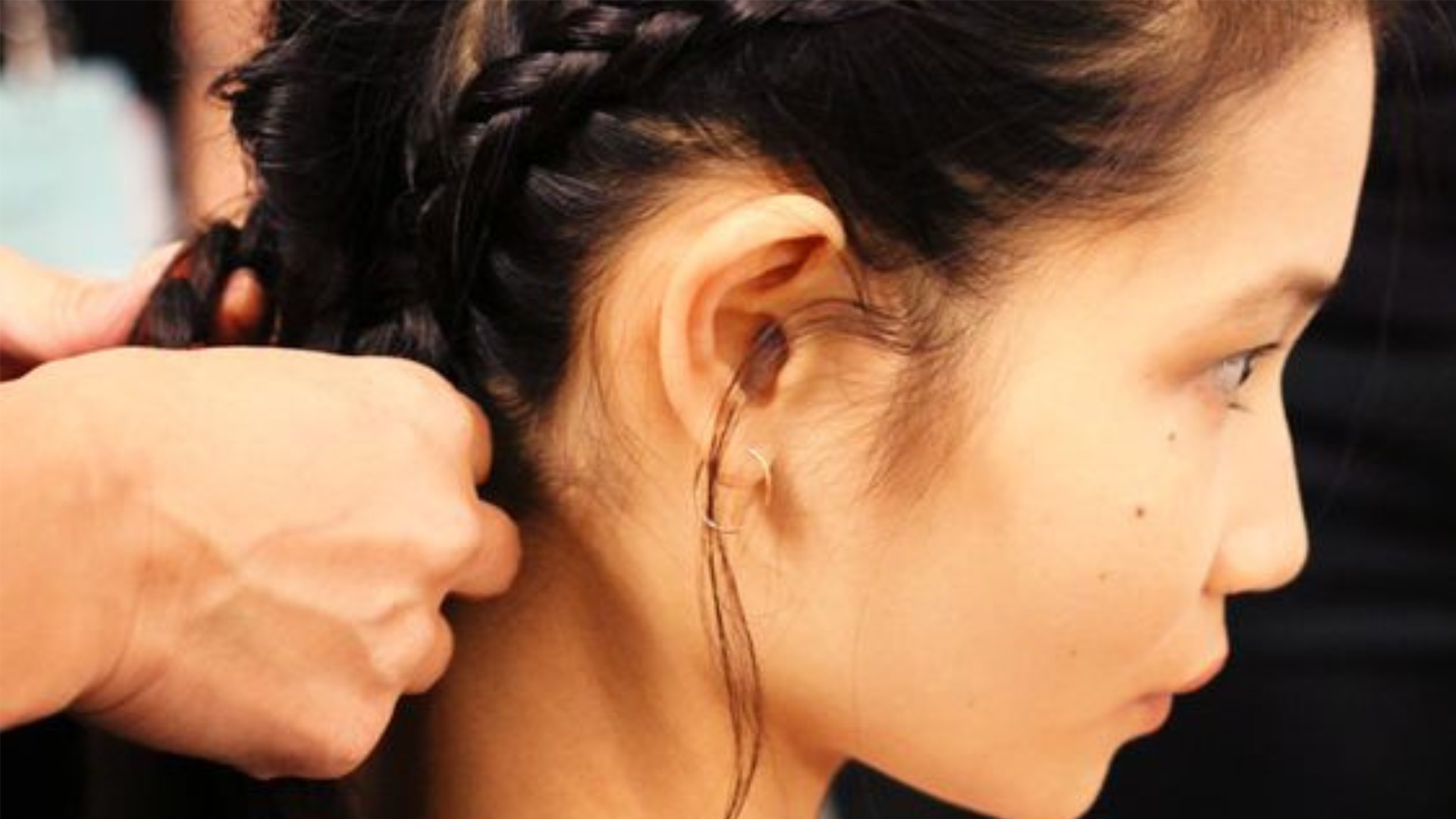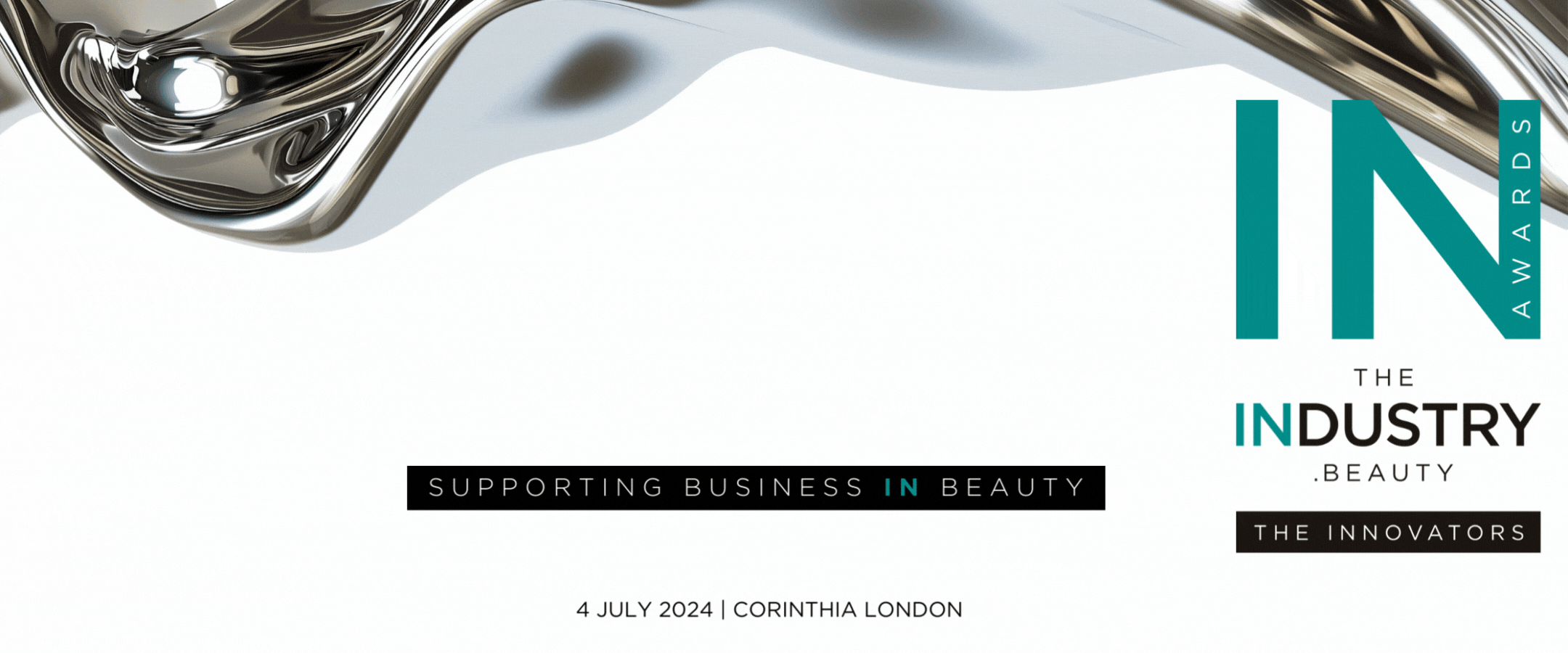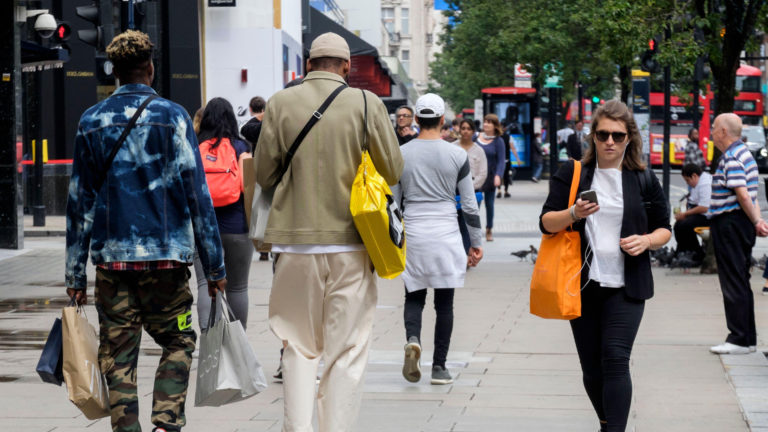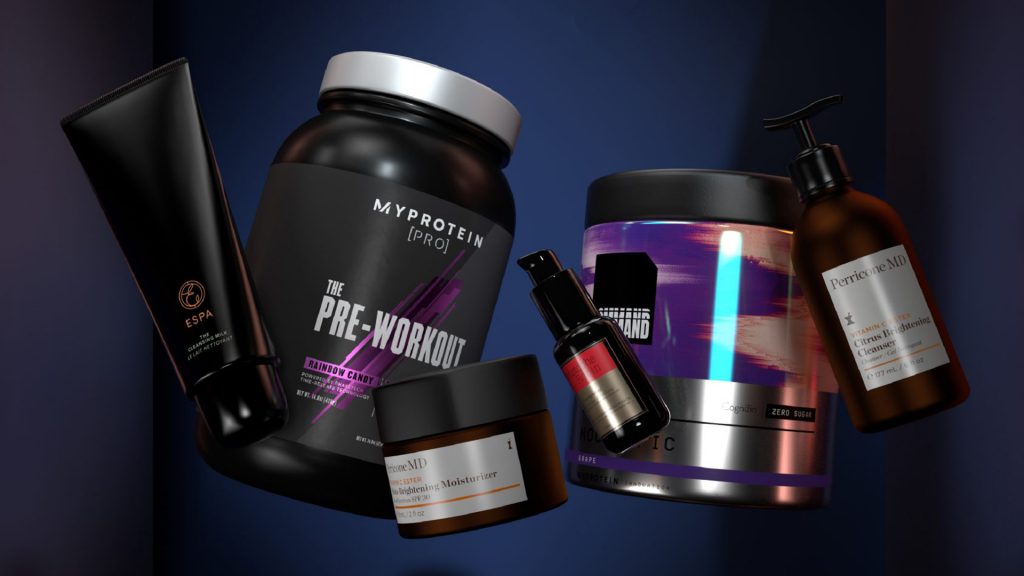The British Beauty Council reveals increased energy cost's impact on the industry
The British Beauty Council has exposed the impact of the cost of living crisis and increased energy costs on the beauty industry in a new report.
Urging the government to aid the beauty industry during this time of financial uncertainty, the British Beauty Council's findings revealed that 46% of respondents admitted they are not confident their business will survive over the next six months.
The hair-dressing sector, which relies heavily on electricity, is facing a particularly large impact.
Despite the energy crisis, the demand for beauty industry services continues to grow as labour forces shrink. The State of the Industry survey also found recruitment is an ongoing challenge for beauty businesses with intentions dropping by 15% since July 2022.
Millie Kendall MBE, CEO of the British Beauty Council, noted: “We can provide growth, but we can’t stomach a massive growth in cost.”
The British Beauty Council undertook a case study that compares daily energy costs from 2019 to those of 2022.
The results are as follows:
• Entry LED lighting up by 71% to £6.48 per day
• Hairdryers up by 76% to £4.08 per day
• Aircon up by 75% to £13.60 per day
• Hot water up by 244% to £5.10 per day
• Laundry up by 75% to £4.60 per day
• Hair foil machine up by 74% to 82p per day
• Hot hair tools up by 77% to 32p per day
The total cost of electricity bills in a salon per day has gone up from £21.17 to £41.25 – an overall increase of 94% in just 3 years.
In September of this year, the government announced a new Energy Bill Relief Scheme for businesses, which provided 6 month-long of energy support. However, with 95% of beauty businesses categorised as SMEs (small to medium enterprises), it became clear they would require extended aid.
On 17 November, the Chancellor set out new measures in the Autumn Statement, which announced the extension of the Energy Bill Relief Scheme. This ensures that domestic properties will continue to receive support on energy bills until March 2024. From April 2023, support will be capped so that a typical household pays on average £3,000 (up from £2,500).
Victoria Brownlie, Chief Policy Officer at the British Beauty Council, commented on the Autumn report: "The statement doesn’t go far enough to support vulnerable small businesses. Hair salons are just one example of many beauty businesses that are on a cliff edge due to escalating costs. Since COVID-19, there has been an increased demand for these services, proving they contribute more to society than just the £6bn they generate for the UK economy.
"Whilst the increase in business rates relief is welcome, the freezing of VAT and NI thresholds will be a blow to many small businesses. High street hairdressers are in demand, employing local people. To lose them would leave high streets empty and some of the poorest communities with increased unemployment."






